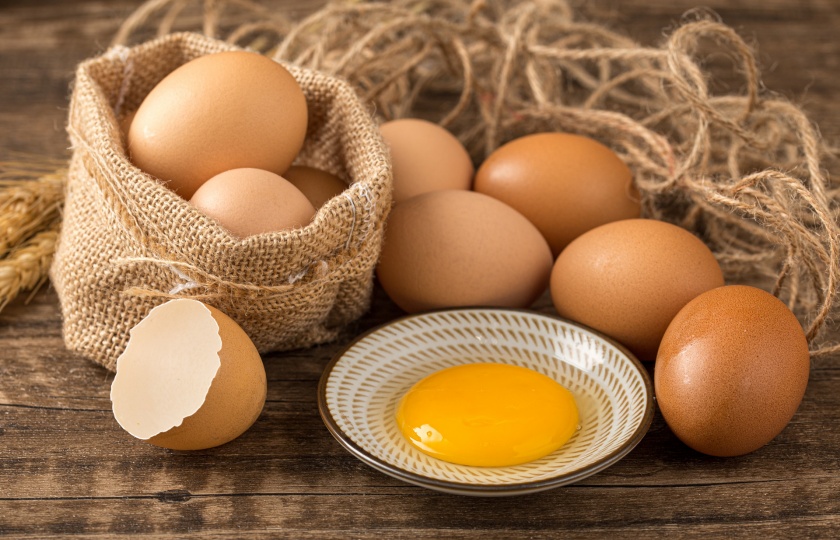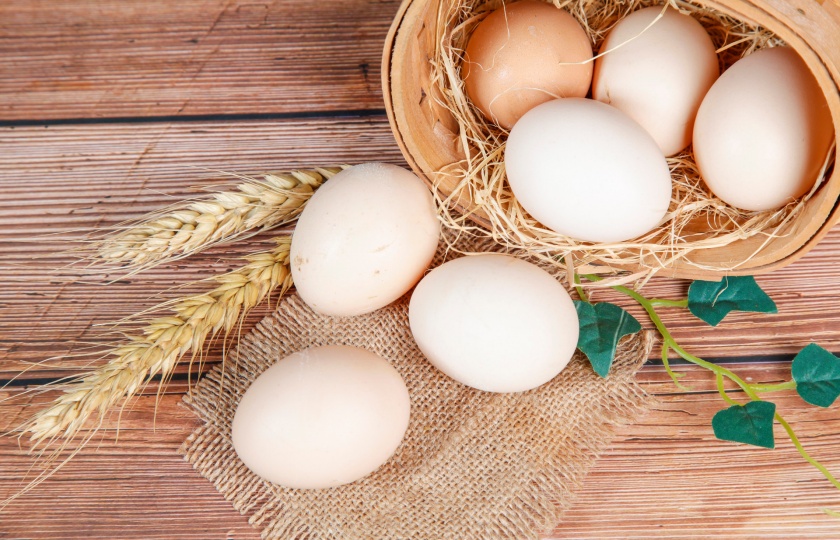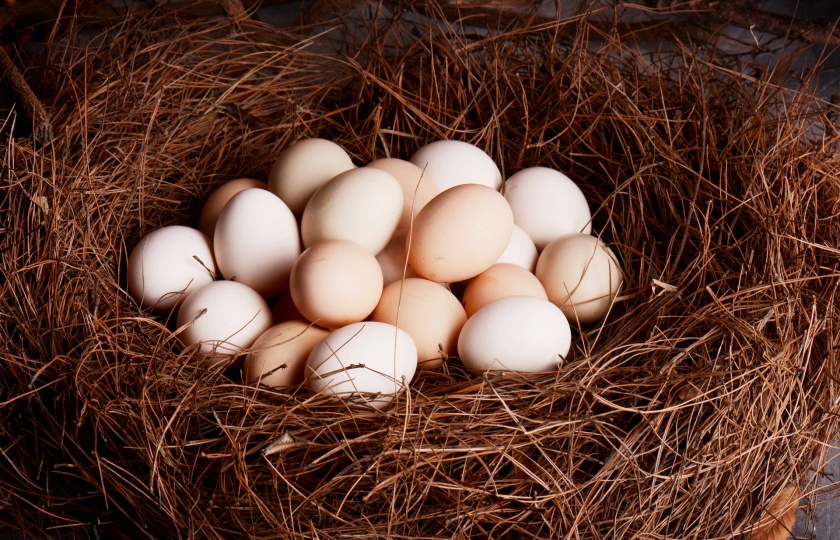How Long Are Fresh Chicken Eggs Good For? Key Duration

There are still so many eggs at home that I forgot to eat. How long can fresh eggs be stored? Let's discuss it together!
How Long Are Fresh Chicken Eggs Good For?
The storage time of fresh eggs is closely related to the storage conditions. Under normal circumstances:
At room temperature: In winter, due to the relatively low temperature, eggs can be stored for a relatively long time, about 30 - 45 days. However, in summer, due to the high temperature, the storage time will be shortened to 10 - 15 days.
Refrigerator storage: Under refrigeration conditions of about 4°C, the storage time of eggs can be extended, approximately 3 - 5 weeks. If the eggs are particularly fresh and the storage conditions are good, it can even be extended to 40 days.
Tips:
Store with the big end up: Place the eggs with the big end up. There is an air chamber at the big end, which can prevent the egg yolk from floating up and reduce the risk of spoilage.
Avoid washing: There is a natural protective film on the surface of eggs. Washing will damage this film, increasing the risk of bacteria invasion.
Proper storage: Don't put eggs on the refrigerator door. The temperature fluctuates greatly, which can easily accelerate spoilage.
How Long Are Washed Farm Fresh Eggs Good For?
The storage time of washed eggs is greatly shortened. This is because there is a natural protective film on the surface of the eggshell, which can prevent bacteria from entering and water from evaporating.

When washing eggs, this protective film is damaged, allowing bacteria to easily enter the egg through the tiny pores on the eggshell and accelerating the spoilage of eggs.
Under normal circumstances, washed eggs can be stored at room temperature for at most about 3 days. When placed in the refrigerator, the storage time is about 1 - 2 weeks.
However, to ensure the freshness and safety of eggs, it is recommended to consume them within a week.
Therefore, in daily life, as long as the surface of the eggs is not particularly dirty, it is best not to wash them and they can be directly stored in the refrigerator.
How Long Can Eggs Stay in the Coop Before They Go Bad?
The storage time of eggs in the henhouse is usually not too long. Because the temperature in the henhouse is usually relatively high, the humidity is also relatively high, and the ventilation effect has certain limitations, it is not recommended to keep eggs in the henhouse for too long.
In summer, eggs can be stored for about 3 - 5 days, after which they will start to spoil.
In winter, due to the lower temperature, the shelf life of eggs can be extended to a certain extent, about 7 - 10 days.
How Do You Know When Fresh Chicken Eggs Go Bad?
You can judge through the following methods:

Water test:
This is the most common way to judge. Put the egg into a water cup filled with water:
If the egg sinks to the bottom, it means it is fresh.
If the egg stands upright but the bottom touches the bottom of the bowl, it means it has been stored for a relatively long time, but it is still edible.
If it floats completely, it means it has spoiled.
Observe the appearance:
Fresh eggs feel sandy, with a rough texture and a certain weight. Spoiled eggs will have mold spots, mucus and other substances on the surface, and they are also lighter in weight.
Smell test:
Good eggs have no strange smell, only a faint smell of the eggshell. Spoiled eggs will have an obvious rotten smell or mold smell, and sometimes a sulfur smell.
Shaking test:
This is a simple test method. Pick up the egg and shake it next to your ear. If it is a fresh egg, there will be no sound. However, if it is a spoiled egg, there will be an obvious sloshing sound, such as a gurgling sound, indicating that the egg yolk and egg white have separated.
Break and check:
This is the most direct method. Break the egg and observe the state of the egg yolk and egg white. The egg yolk of a fresh egg is plump and round, and the egg white is thick and clear. The egg yolk of a spoiled egg is flat, the egg white is thin and has an unpleasant smell.
Is an Egg Bad if the Yolk Falls Apart?
It depends on the actual situation.
Reasons for a broken egg yolk:
Mechanical yolk breakage: Severe vibration during transportation or improper storage causes the yolk membrane to rupture. Such eggs are edible.
Long storage time: If the egg is stored for too long, the osmotic pressure of the egg white and yolk changes, causing the yolk to become thin and disperse, but it doesn't necessarily mean it has spoiled.
Bacterial contamination: If the egg is invaded by bacteria, the yolk membrane will be damaged, resulting in the dispersion of the yolk. In this case, the egg has spoiled.
How to determine if it can be eaten:
If the yolk is broken, but the egg white is clear, has no unpleasant smell, and the eggshell is intact, it means the egg has only experienced mechanical yolk breakage and can be eaten.
If the yolk is broken and at the same time the egg white is turbid, has an unpleasant smell, or there are mold spots on the eggshell surface, it means the egg has spoiled and cannot be eaten.
Can You Eat Eggs 2 Months Out of Date?
It is not recommended to eat eggs that have expired for two months. The reasons are as follows:

Risk of bacterial growth: Expired eggs mean they have been stored for a long time. At this time, the protective film inside the eggs loses its effect, and bacteria may penetrate into the eggs, resulting in an accelerated reproduction rate of bacteria and microorganisms. Eating them may cause food poisoning.
The texture and taste of eggs will change: Even if the eggs have not spoiled, the egg yolk and egg white of eggs that have expired for a long time will change. The egg white becomes thinner, the egg yolk is no longer as firm, and the taste is not as good as that of fresh eggs.
High risk: Even if the eggs seem okay, the risk of eating them is relatively high. For people with weak immunity, such as pregnant women, the elderly, and children, the risk is even greater.























